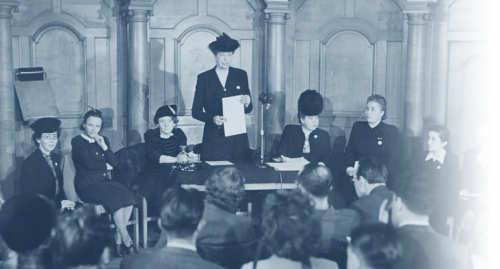The Declaration jointly developed by Access Now, ARTICLE 19, Mnemonic, the Center for Democracy and Technology, JustPeace Labs, Digital Security Lab Ukraine, Centre for Democracy and Rule of Law (CEDEM), and the Myanmar Internet Project, sets out guidelines to help platforms protect human rights before, during, and after a crisis. The motivation for the Declaration stemmed from an understanding that “[i]n situations of armed conflicts and other crises, people use social media and messaging platforms to document human rights abuses or war crimes, access information, mobilize for action, and crowdsource humanitarian assistance. But governments and other actors leverage these same platforms to spread disinformation and hate speech, incite violence, and attack or surveil activists, journalists, and dissidents.” The partner organizations hope that the Declaration will help “advance consistent and rights-respecting principles for companies to respond appropriately to crises and meet their obligations and responsibilities under international human rights law.”

